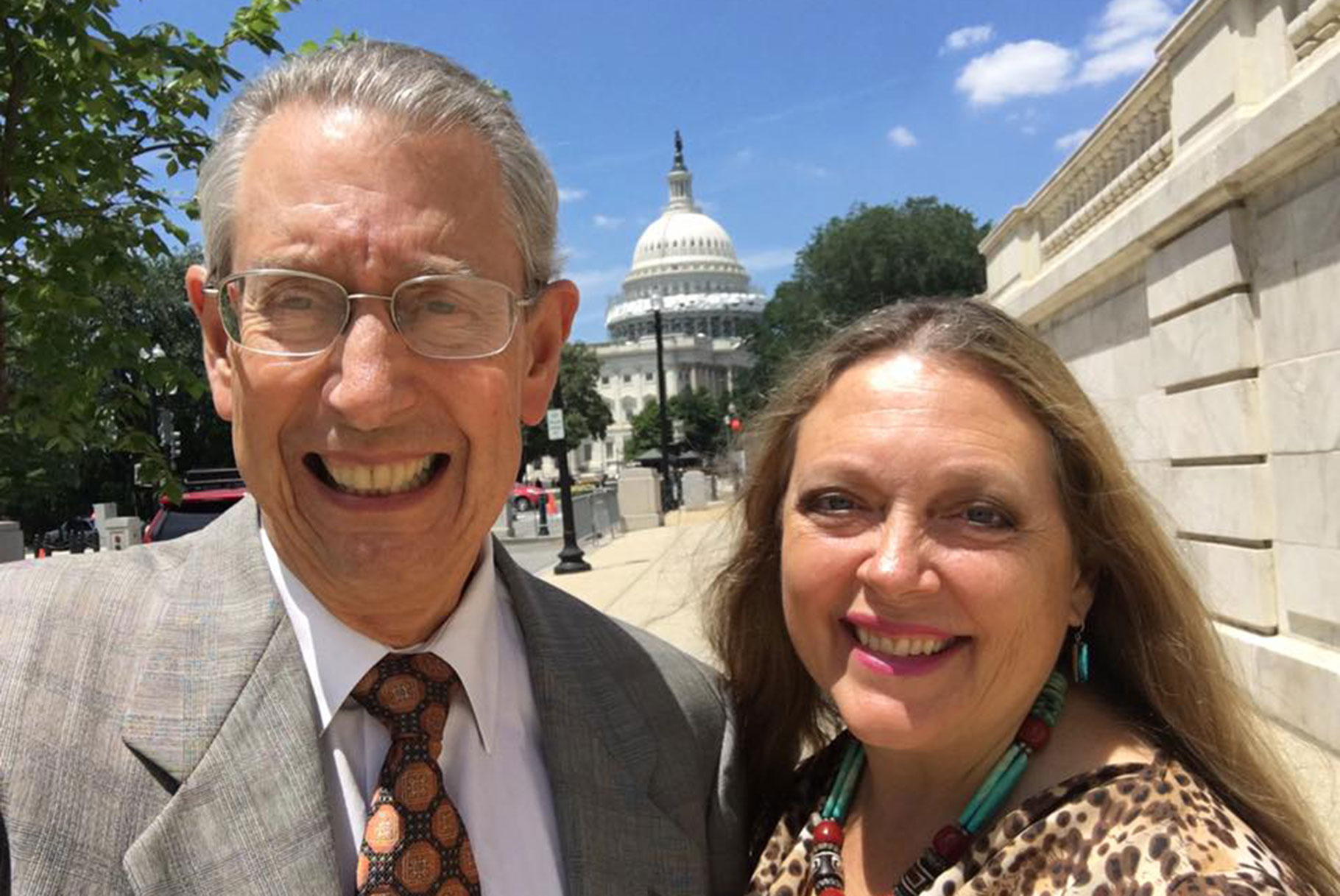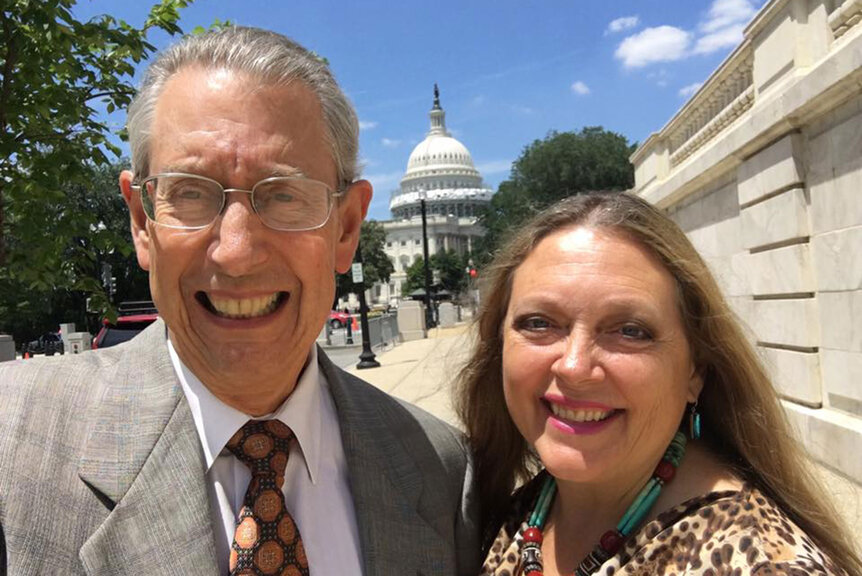Create a free profile to get unlimited access to exclusive videos, breaking news, sweepstakes, and more!
President Biden Signs ‘Tiger King’-Inspired Bill Banning Private Ownership Of Big Cats
The Big Cat Public Safety Act, for which Carol Baskin advocated, will ban individuals from owning big cats, such as lions and tigers, and restrict close contact between spectators and the animals.

President Joe Biden has signed a bill banning private ownership of big cats after calls for change grew following the release of Netflix’s popular docuseries “Tiger King.”
Biden signed the Big Cat Public Safety Act on Tuesday, which bans the private possession and exhibition of big cats and restricts direct contact with them by public spectators, according to the New York Post. That means people cannot be allowed to pet cubs, take selfies with such animals or be allowed to participate in other roadside-esque amusements.
Private owners will no longer be permitted to acquire new animals and individuals already in possession of big cats may keep their animals so long as they register them with the U.S. Fish and Wildlife Service within the next 180 days, according to Fox News.
Licensed zoos and sanctuaries are exempt from the bill.
The years-long campaign was backed by Carole Baskin, whose Tampa-based Big Cat Rescue sanctuary will be exempt from the bill.
“This will rapidly decrease the number of big cats born into lives of deprivation and confinement,” Baskin said Tuesday. “And since most private owners already give up their cats when they reach adulthood — by the age of 5 — that means that, within five years, there will be very few cats languishing in backyards and basements.”
Baskin was thrust into the spotlight as the perceived arch-nemesis of eccentric zookeeper Joe Exotic, who is currently serving a 21-year sentence after being convicted of animal abuse and a murder-for-hire plot against Baskin.
Their rivalry was the subject of the 2020 Netflix series “Tiger King,” which became wildly successful at the dawn of the COVID-19 pandemic.
RELATED: Body Identified As Woman Who Reported Being Chased In Woods Nearly Four Years Ago
Baskin infamously targeted Joe Exotic for his controversial treatment of big cats at his now-defunct G.W. Zoo in Wynnewood, Oklahoma. At the same time, Exotic peddled unsubstantiated rumors that Baskin murdered her former husband, Don Lewis, and fed him to her cats.
Don Lewis was reported missing in 1997 and has never been found. Baskin has always denied any involvement in her former husband's disappearance.
The Big Cat Public Safety Act passed the Senate on Dec. 6, much to the delight of Baskin and her current husband, Howard Baskin, as posted on the Big Cat Rescue website.
“This bill has been the number one goal of my 30 years of advocacy to stop the mistreatment of big cats," Baskin wrote. "This has been particularly true in the last 20 years, during which my husband, Howard Baskin, joined me and took over managing our legislative efforts.”
“The passage of the bill is the successful culmination of many years battling against narcissistic, abusive dangerous men who dominated this cruel trade and did everything they could to stop its passage, including wanting to intimidate, discredit, and even kill me,” she added.
Baskin isn’t the only one celebrating the new ban: On Tuesday, PETA called the new law a “historic victory.”
PETA spokesperson Danny Prater said their legal victory against Indiana zookeeper Tim Stark — who was featured in “Tiger King 2” and filed for bankruptcy earlier this year — “established the precedent” for their fight against the cub-petting trade.
“With proper enforcement, the new law will serve as the final nail in the coffin for businesses exploiting sensitive big-cat cubs for profit,” said Prater. PETA added that they’re “confident” that the new law “will take down” other zookeepers featured in the “Tiger King” universe, including Bhagavan “Doc” Antle and Mario Tabraue.
The recent law covers multiple big cat species, including lions, tigers, leopards, cheetahs, jaguars, cougars and any hybrids. However, PETA hopes the decision from the Stark case will apply to other exotic animals, including sloths, lemurs and bear cubs.
Anyone found in violation of the new law could face a maximum of $20,000 in fines and up to five years behind bars.
























